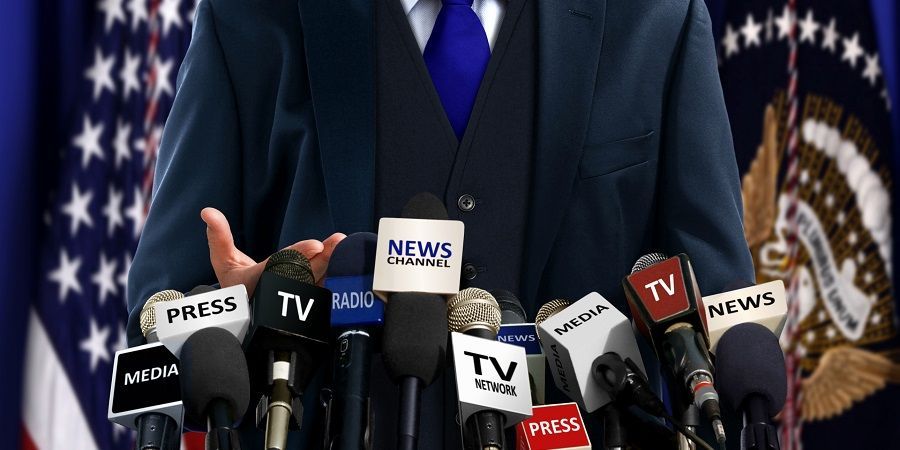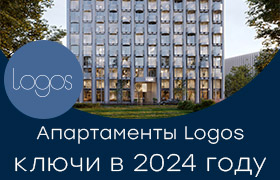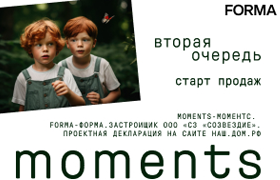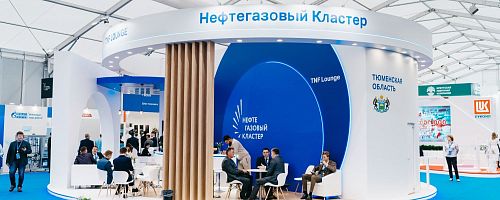Sarkozy Smiles Achieve Little on Iran
Vladimir Putin and France's Nicolas Sarkozy pledged Wednesday to promote deeper relations between their countries but gave only minor indications that they had found common ground on the issue of Iran's nuclear program. The two presidents agreed t.

The two presidents agreed that Iran should make its nuclear program more transparent, but Putin reiterated Russia's position that it had no "objective data" indicating that Tehran was working on a nuclear bomb.
The leaders also pledged to bolster energy ties and said exchanges of stakes in major companies between the two states could help ensure interdependence and greater control.
Speaking after two hours of talks in the Kremlin's ornate Yekaterininsky Hall, Putin called the meeting a "confirmation of the inalterability and continuity of the Russian-French partnership."
"France wishes to become Russia's privileged partner," said Sarkozy, who appeared to have opted for a charm approach for his two-day visit.
He said the countries had "come somewhat closer" in their positions on Iran and that he hoped Putin would be able to influence Iranian leaders on the issue next week in Tehran at a meeting of leaders of countries bordering the Caspian Sea.
Sarkozy said that even though the two sides' information concerning Iran differed, the most important thing was "the will to cooperate."
On energy issues, Sarkozy said French investors were interested in a stake in Gazprom and promised that France would not set up barriers to Russian companies in its markets.
"We just want this to be mutually beneficial, in the interests of both sides," Sarkozy said. "We have discussed this and will try to solve the problems."
Putin welcomed the overture, saying it could help create a "system of interdependence and, therefore, mutual control."
Putin has been steadfast in maintaining that the state would retain control in strategic projects, and in energy in particular. On Wednesday, he said Russia and France could increase cooperation in the aerospace, automotive and telecoms sectors.
The leaders also discussed France's upcoming role as holder of the rotating European Union presidency, beginning in July.
"We hope France will succeed in its work with its European partners," Putin said.
In a departure from the style of predecessor Jacques Chirac, Sarkozy has criticized Putin's record in government on a number of occasions, including the charge of a "certain brutality" in energy policy and describing the president as "covered in blood" as a result of his policies in Chechnya.
But he was all charm in public in Moscow, calling Putin "Dear Vladimir" and addressing him in the familiar "tu" form at the news conference.
Putin stuck to a more formal approach, never referring to Sarkozy by first name in front of reporters.
The atmosphere was a bit more relaxed Tuesday night, when Putin took Sarkozy for a spin in his Mercedes SUV -- with the minor problem that he forgot to turn on the lights, Kommersant reported Wednesday.
There was a mix-up at the beginning of Wednesday's news conference as well, eliciting a rare smile from Putin. Sarkozy occupied the spot behind the lectern bearing the Russian double-headed eagle, leaving Putin to ask him to trade places for a second, unmarked lectern.
Later in the day, Sarkozy had a half-hour meeting with members of the Memorial human rights organization, which has strongly criticized Putin for security forces' excesses and for continuing abductions of people in Chechnya and Ingushetia.
Ahead of the meeting, Sarkozy said France would not lecture Russian leaders but that "We both believe that friendship means telling each other what we think."
Putin said he did not mind Sarkozy meeting with the Memorial activists but reiterated past comments that any organization allowing itself to become a foreign policy tool would compromise itself.
"I thank God that there are organizations like this in the world able to take, and that are taking upon themselves the responsibility to point out mistakes to the powers that be."
Svetlana Gannushkina of Memorial said the meeting at the French Embassy was rather short and symbolic but that it was important that Sarkozy took an interest in human rights issues in the country. She said they spoke about freedom of speech, tensions in Ingushetia and attempts to revise history in Russia.
"He listened and said 'merci beaucoup,'" Gannushkina said.
Later in the afternoon, Sarkozy and Putin unveiled a monument in southeast Moscow to French pilots who flew in the Soviet 18th Air Regiment on the Russian front during World War II.
During the ceremony, Sarkozy said different conflicts still shook the world and that France and Russia should work together to counter them. "That's the goal of my visit to Russia," he said.
During the ceremony, Sarkozy turned to Putin with a smile and, when Putin did not reciprocate, laughed to himself.
Ivan Molchanov, 90, expressed a bit more fraternity.
"We were friends during the war and always have to be friends," said Molchanov, who fought with the regiment during the war.














